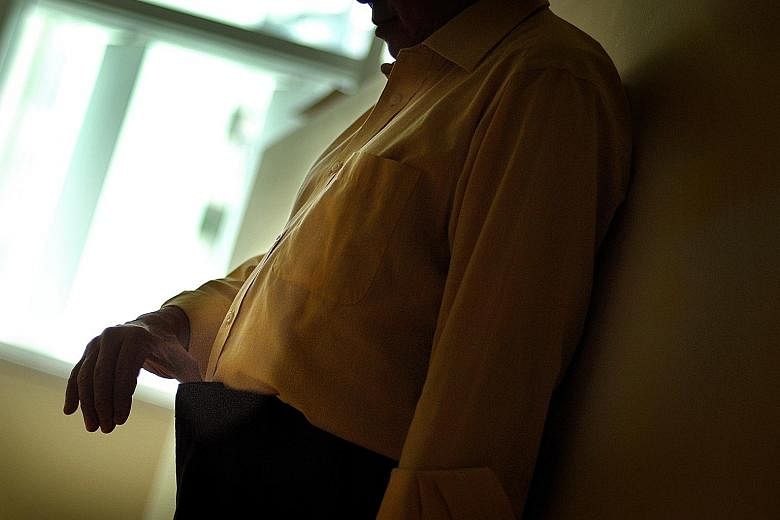Q I am a 46-year-old man who has been going for regular health screenings since I hit 40.
I consider myself relatively healthy. I do not have a regular exercise regime. I don't work out, so I am not sure what types of activity will suit me and which I can stick to.
I tend to indulge in desserts and wine two to three times a week.
I take supplements but I am not sure that these are really effective.
Of late, I am more tired. I tend to wake up two to three hours after falling asleep and feel wide awake after that. I have had some moderate weight gain over the last three months, but my lifestyle habits and diet have not really changed.
What should I do to keep healthy and to feel more energised?
A Your symptoms are typical of many relatively healthy patients I see in their 40s and beyond where annual health screening results are generally normal.
They find that previous unhealthy lifestyle habits which suited them may no longer be working for them. It is never too late to embark on a healthier lifestyle to prevent further worsening of these symptoms.
The cornerstone to achieving a healthy weight should include good eating habits, regular physical exercise and balancing calorie intake and physical expenditure.
For healthy eating, I often recommend the Mediterranean diet.
With its emphasis on fish, vegetables, nuts and olive oil, the diet has been linked to a healthier heart and greater longevity. Lean red meat and chicken can occasionally be substituted for fish. Desserts and alcohol are not a complete no go, but should be enjoyed only occasionally.
Regular physical activity is important for improving health and energy levels. It is especially important if you are trying to lose weight. I often suggest up to 300 minutes of exercise per week for weight loss. This may translate to 60 minutes of physical activity most days of the week. It need not be done at one go but can be split up into a few shorter sessions. To prevent injury, it is also not advisable to stress the same muscle group or joints daily.
Going to the gym is just one way to get exercise. For a proper exercise prescription, I will have to take into consideration your general fitness and sporting abilities as well as concurrent medical conditions, physical hindrances and interest.
In general, it is probably useful for most to take omega-3, calcium and vitamin D supplements to promote cardiac and bone health. There are, however, supplements that are targeted at conditions that may be specific to the individual and these would be advised accordingly.
It is also important when it comes to losing weight to use up more calories than are taken in.
The burning of calories through exercise and physical activity, combined with the reduction of calories through a healthy diet, will result in a "calorie deficit", leading to healthy weight loss. This should generally lead to the person having a more energised state and better sleep patterns.
Some of the symptoms you mentioned also suggest low testosterone syndrome, commonly known as andropause.
This disorder refers to the decline in a man's production of the male hormone testosterone, where levels become insufficient for optimal health and well-being. Diagnosis of andropause is confirmed through blood testing for the hormone level.
If one is diagnosed with andropause, then initiating the positive lifestyle changes I have discussed is especially important as low testosterone levels are exacerbated by obesity, sedentary lifestyles and excessive alcohol intake.
Often, I will put a relatively younger male patient on a trial of Clomiphene, a drug that stimulates endogenous or natural testosterone production, before starting testosterone replacement via injections or gels.
There are also psychological symptoms as well as medical conditions such as an increased risk of osteoporosis and diabetes that can be addressed or prevented with proper treatment of low testosterone.
Dr Derek Koh
Head of the Thomson Lifestyle Centre (preventive medicine and health screening)
Brought to you by


